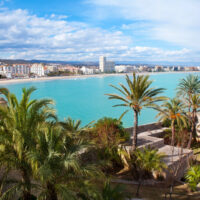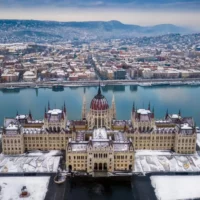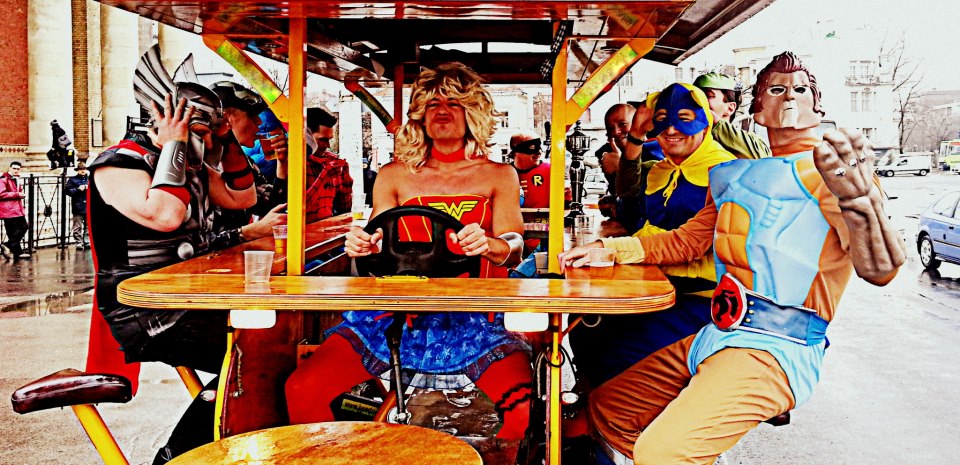Central European stag party capitals to rethink their tourism
Due to the coronavirus pandemic and the strict lockdowns and travel limitations that came with it, many locals in Central and Eastern Europe’s busy travel destinations were able to enjoy their own cities for the first time in many, many years. The pandemic stopped tourism in an instant, and many large cities, such as Budapest, Kraków, and Prague, suddenly became empty, but the residents could finally sleep tight, without groups of drunken people shouting throughout the night.
The residents of these so-called ‘stag party capitals’ could finally breathe and see their homes without the need to push through dozens of tourist groups taking photos that previously flooded the streets around main tourist attractions. This time and peace is the perfect opportunity for such cities to rethink their tourism policies in order to combat the problems ‘overtourism’ causes, says The Guardian.
Since the emergence of budget flight companies, mobile devices, and apps that help people go wherever they want, Central and Eastern European cities suddenly got stormed by thousands upon thousands of tourists daily, and it made the life of some of the locals miserable.
“The residents have been complaining for a very long time that the city doesn’t belong to them anymore,” Barbora Hrubá of Prague City Tourism said.
After Paris, London, and Rome, the Czech capital, Prague, has become the fourth most-visited city in Europe. The capital has over 9 million visitors every year, and most of them do not plan on seeing the entire capital, or the countryside at all. This has caused huge problems, as many tourists concentrate on the old town of the city, and it started a process that almost entirely pushed out the local life due to the increased prices, clamour, and the swarm of people. Many tourists only visit these ‘stag party capitals’ for an average of 2.4 days. According to Hrubá, it is a good opportunity to rethink and make tourism different. “We want a different type of visitor who visits more than the most famous monuments in the centre,” he said.
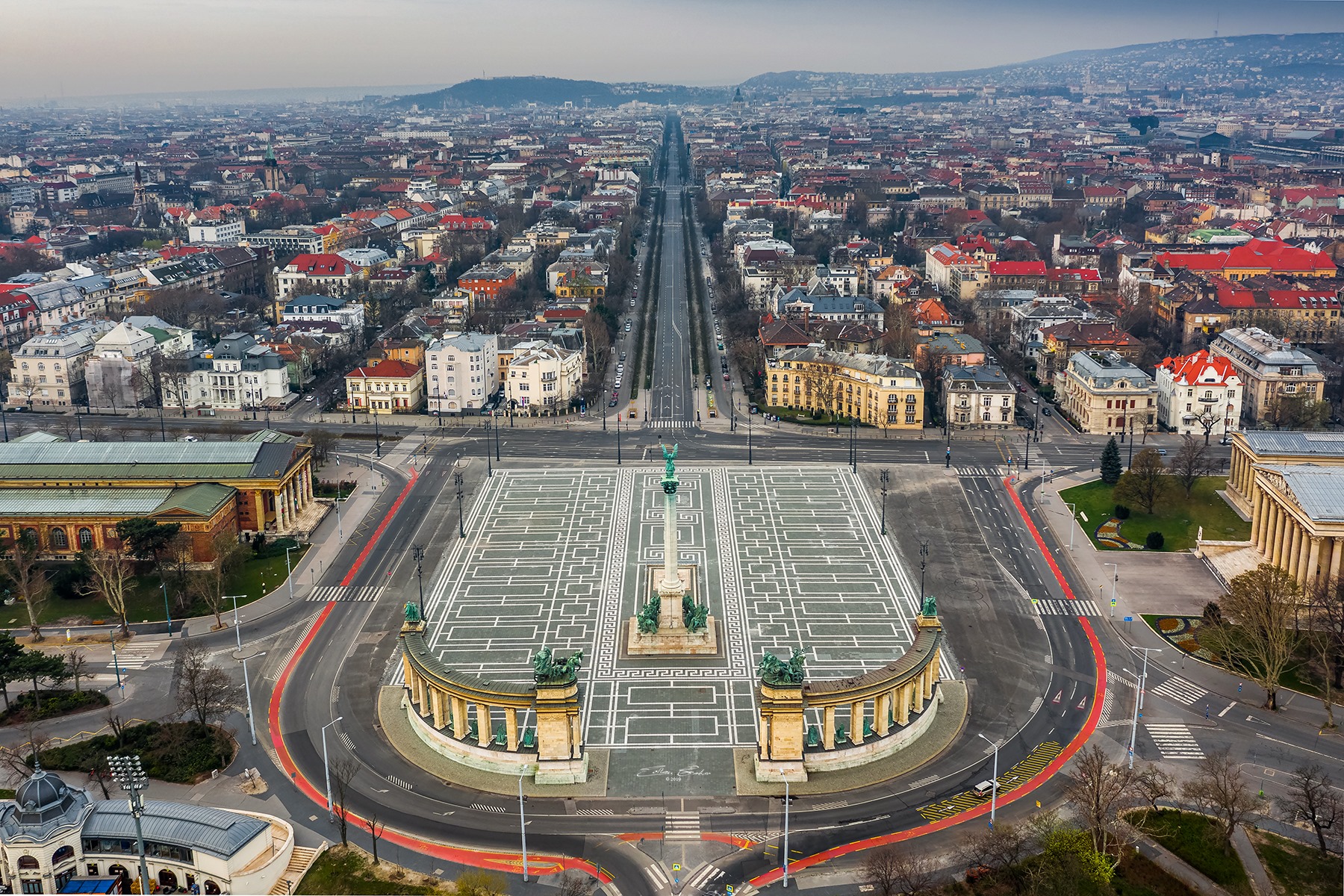
Read alsoTake a virtual walk on the streets of Budapest from your couch!
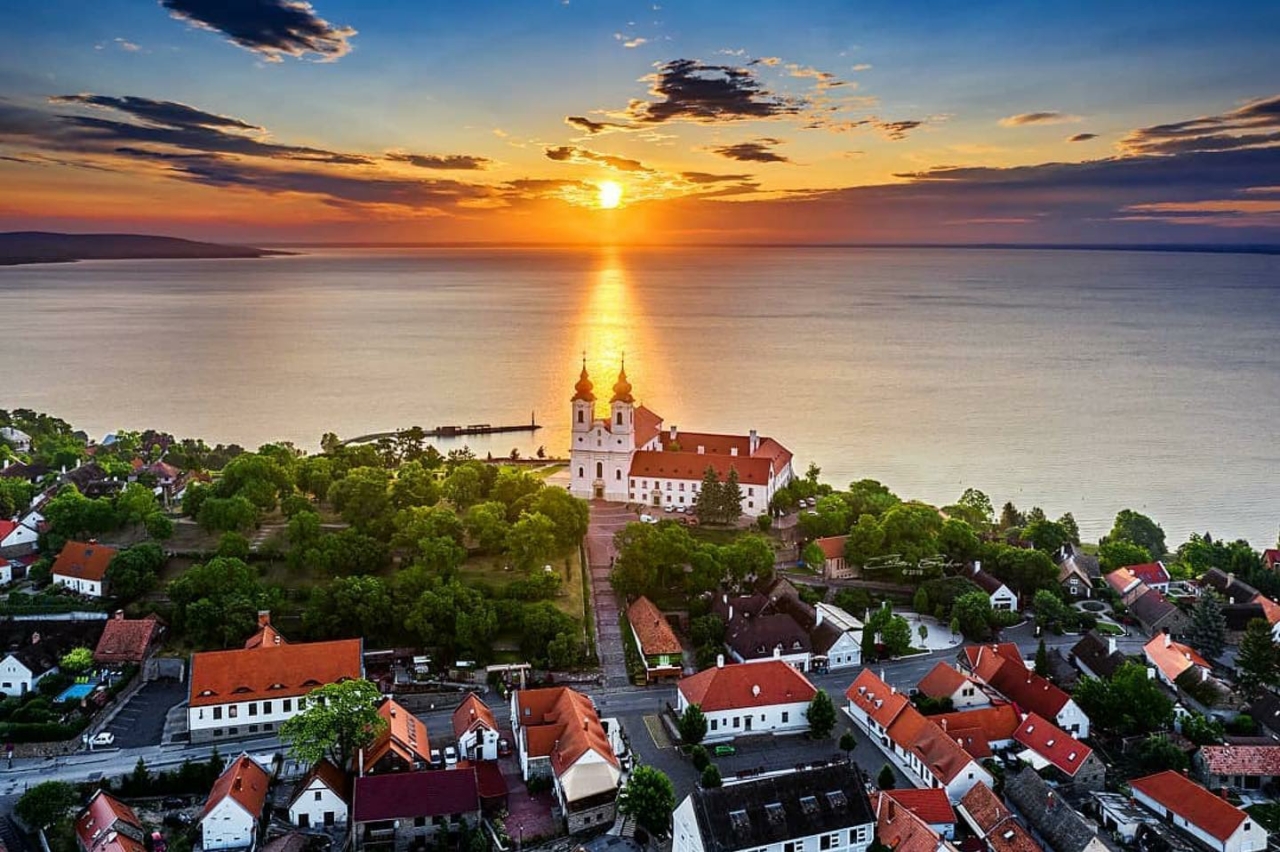
Read alsoHungary – Discover 3 amazing destinations you should visit this summer! – PHOTOS
Budapest is also affected by almost the same problem, and Gergely Karácsony said the following: “Like in so many other big European tourist destinations, people have been getting exhausted by the scale of tourism […] We want to spread out the spots in the city that are touristically interesting and change the type of people who come. It shouldn’t only be bachelor parties and booze – we want to rebrand ourselves a bit.” This has been on the agenda of the Hungarian capital for years, but the lockdowns and restrictions created the best possible opportunity – at least there is something beneficial during the pandemic – to rethink, rebuild, and restart tourism in a new, much more local-friendly way.
Gábor Manek, the owner of restaurants and bars in Budapest, who also runs an electronic music festival, agreed with the mayor of Budapest.
“I really hope that Budapest can build up a new face of tourism when this is over. Sometimes we surrendered to tourists, with local interests pushed back, and it definitely isn’t sustainable,” he said.
For many of these cities and countries, the future will be more about domestic tourism. They were among the first in Europe to put the strict regulations in place, thus avoiding a large-scale outbreak present in Western Europe. They are now easing said restrictions, but the number of tourists from foreign countries is certain to stay very low this season. This will create the opportunity for domestic people to discover their own cities and their countries’ other hidden wonders.
Prague, for example, launched a plethora of new offers for Czechs to discover Prague, their own country’s capital. The Polish government is giving vouchers for their full-time workers for a 1,000 złoty, or approximately €225, that they can use on domestic travels, and Budapest is also working on ways to promote the inland tourism of Hungarians.
For some of the residents, this period was rather needed to freshen up a bit and be able to take walks without being bothered with the sometimes unbearable number of people crammed into one place, and for others, it was almost nostalgic to see their city return to the state of how it was a couple of decades back, yet for some, it was not so bright after all.
According to Manek, who spoke with his fellow catering business owners, 25-30% of bars and restaurants that had to close due to restrictions might not be able to reopen,
as many catering businesses were only profitable thanks to the large number of tourists visiting their establishments. These cities hope that they can find a balance between pleasing tourists and keeping their residents happy.
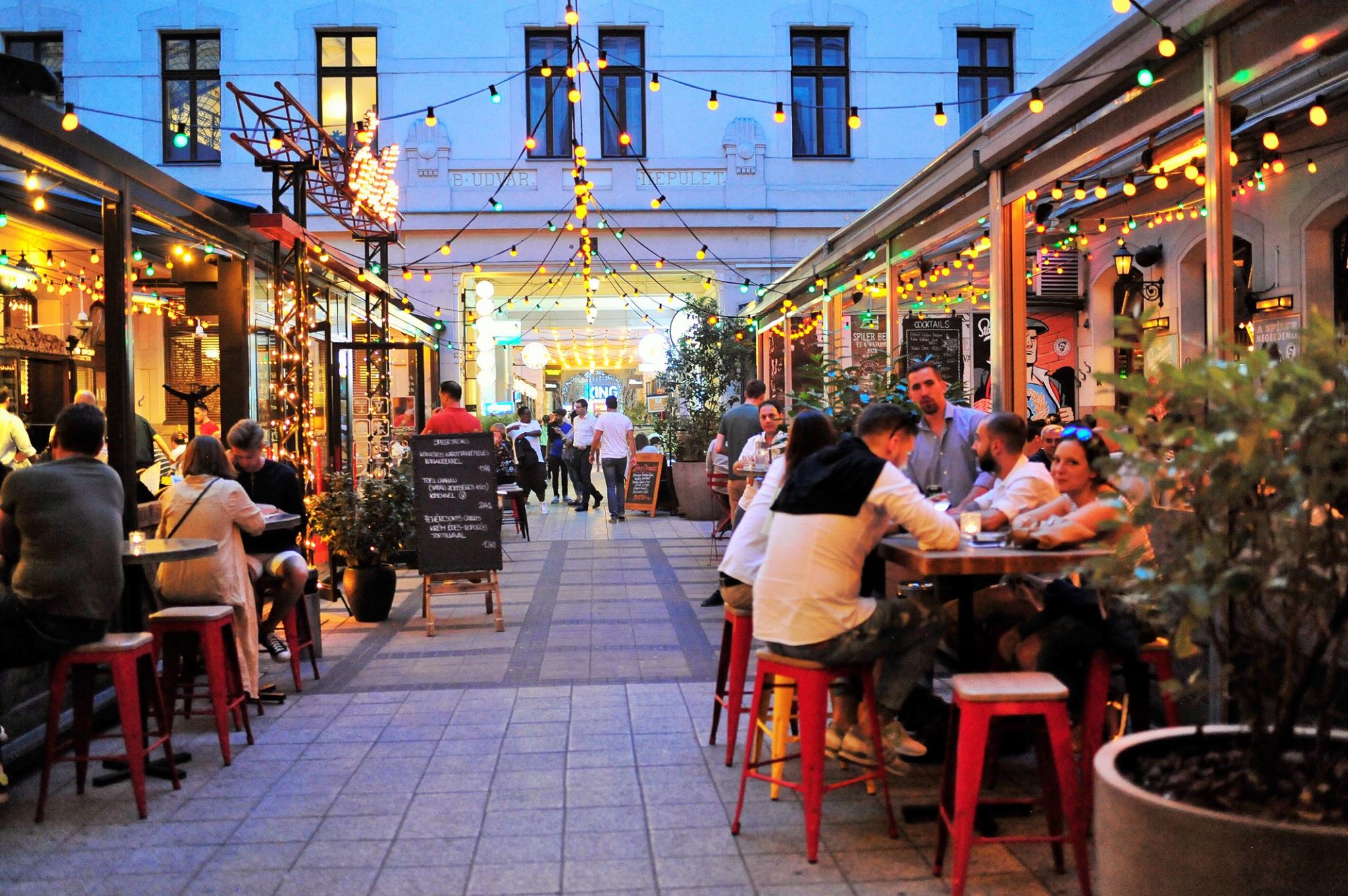
Read alsoUntil when do you have to drink your last beer in the party district of Budapest? – answers below
Source: Theguardian.com
please make a donation here
Hot news
Top Hungary news: Cyberattack against defence system, Airbnb’s letter, new Budapest–Spain flight, Christmas markets open — 14 November, 2024
Wheels of change: Hungary’s cycling culture and infrastructure evolution
Airbnb letter: Tighter short-term rental rules serve to ease Budapest housing problem, says ministry
Major security risk: Hungary’s defence system compromised in USD 5 million cyberattack
Opposition: Hungarian Parliament blocks proposal for independent inquiry into child sex abuse in Catholic church
Christmas markets in Budapest open this Friday, bringing festive cheer and tourist appeal


